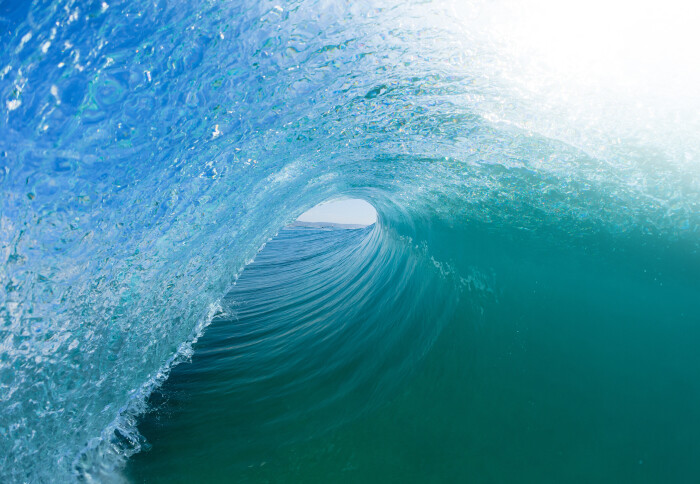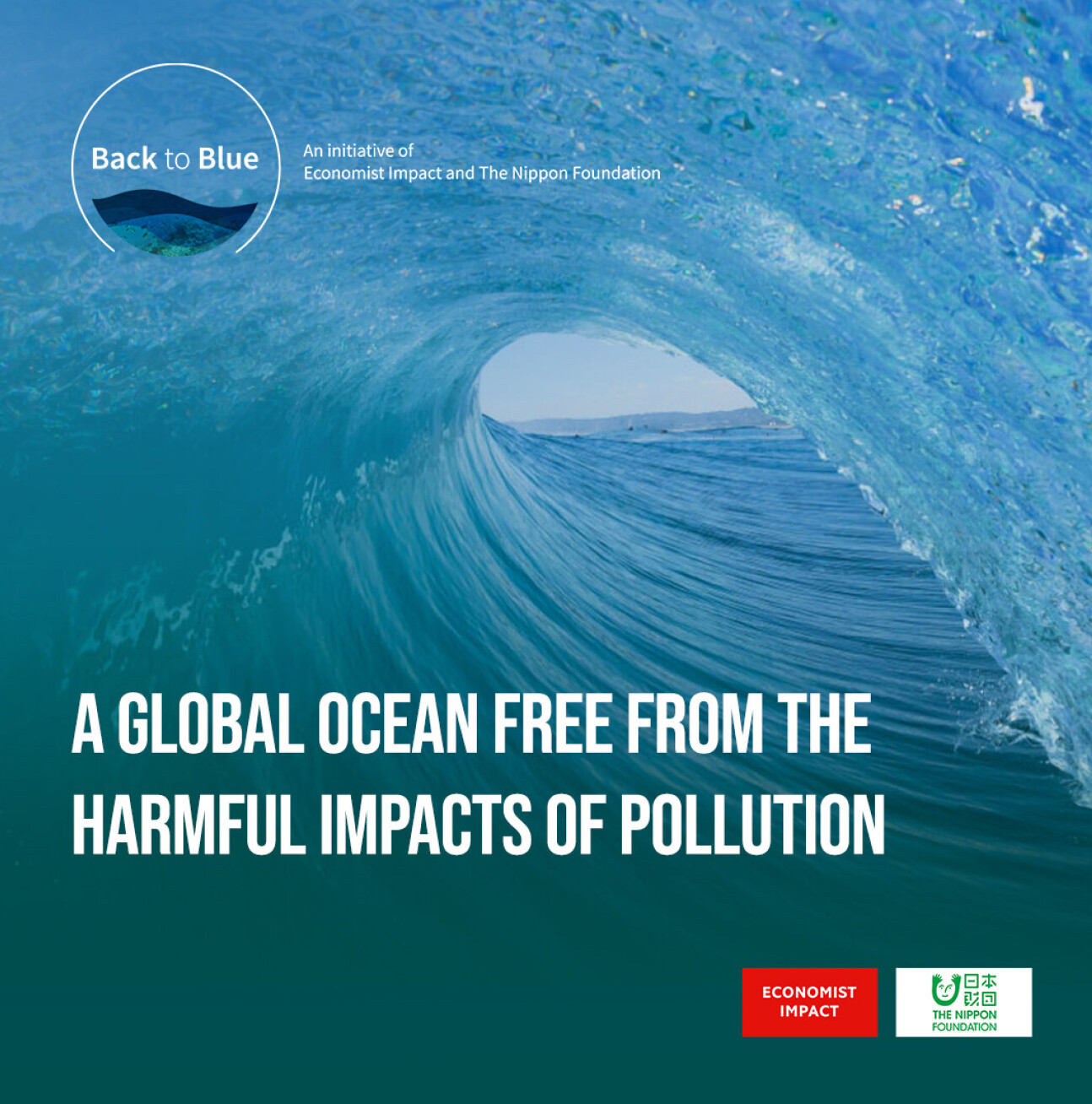Roadmap to a global ocean free from harmful impacts of pollution

A roadmap designed to achieve a global ocean free from the harmful impacts of pollution by 2050 has just been launched.
The roadmap was launched by the Back to Blue initiative at the 11th World Ocean Summit & Expo 2024 in Lisbon on 11-13 March 2024. Professor Guy Woodward, Deputy Head of Life Sciences at Imperial’s Silwood Park Campus and marine biologist Dr. Fengjie Liu, together with colleagues from across Imperial’s Transition to Zero Pollution initiative, contributed extensively to the series of workshops that generated this roadmap.
Back to Blue is an initiative from Economist Impact and the Nippon Foundation. It brings together two organisations that share a common understanding of the need to improve evidence-based approaches to the pressing issues faced by the ocean, and to restoring ocean health and promoting sustainability.
Ocean pollution threatens ecosystems, human health and economies, but the lack of data about its impact has meant little has been done to prevent and address the issues.
"Everyone living on this planet depends on the continued provision of various climate and food services by a healthy ocean. Understanding potential impacts of ocean pollution is a critical component of this." Dr Fengjie Liu
Now, Back to Blue has undertaken a two-year effort to engage hundreds of global stakeholders from across the UN, science industry, policy, business and finance to understand ocean pollution and how best to close the global gap in our understanding of ocean pollution. The roadmap - ‘A global ocean free from the harmful impacts of pollution: roadmap for action’, is the result of this work. It is a strategic framework to build a comprehensive evidence base to tackle ocean pollution collectively.

It's an ambitious vision: a global ocean free of the harmful impacts of pollution by 2050. It aligns with the aspirations of the United Nations Ocean Decade of Ocean Science and complements ongoing efforts to address plastic pollution through global treaties. Interdependencies between ocean pollution and climate, nature and plastic means that better data on ocean pollution may also help address these environmental crises.
The call to action is clear: no single entity can tackle ocean pollution alone. It requires a concerted, global effort involving diverse stakeholders from the UN system, the scientific community, data collection agencies, governments, business, finance and local communities. This initiative does not set out to replace or duplicate the many successful projects already tackling essential aspects of ocean pollution. Instead, it seeks to amplify and unify these efforts. The framework provides an opportunity to redefine our approach to ocean health and pave the way for a cleaner, healthier marine environment for future generations.
Dr Liu said: ‘Everyone living on this planet depends on the continued provision of various climate and food services by a healthy ocean. Understanding potential impacts of ocean pollution is a critical component of this’.
Over the coming weeks and months Back to Blue will be meeting with stakeholders to advocate for the roadmap's adoption.
Article text (excluding photos or graphics) © Imperial College London.
Photos and graphics subject to third party copyright used with permission or © Imperial College London.
Reporter
Emily Govan
Department of Life Sciences
Fengjie Liu
The Grantham Institute for Climate Change